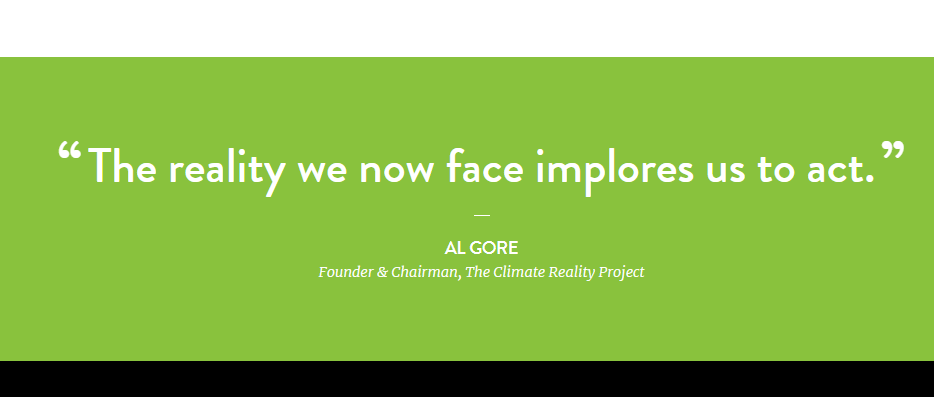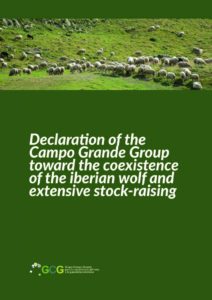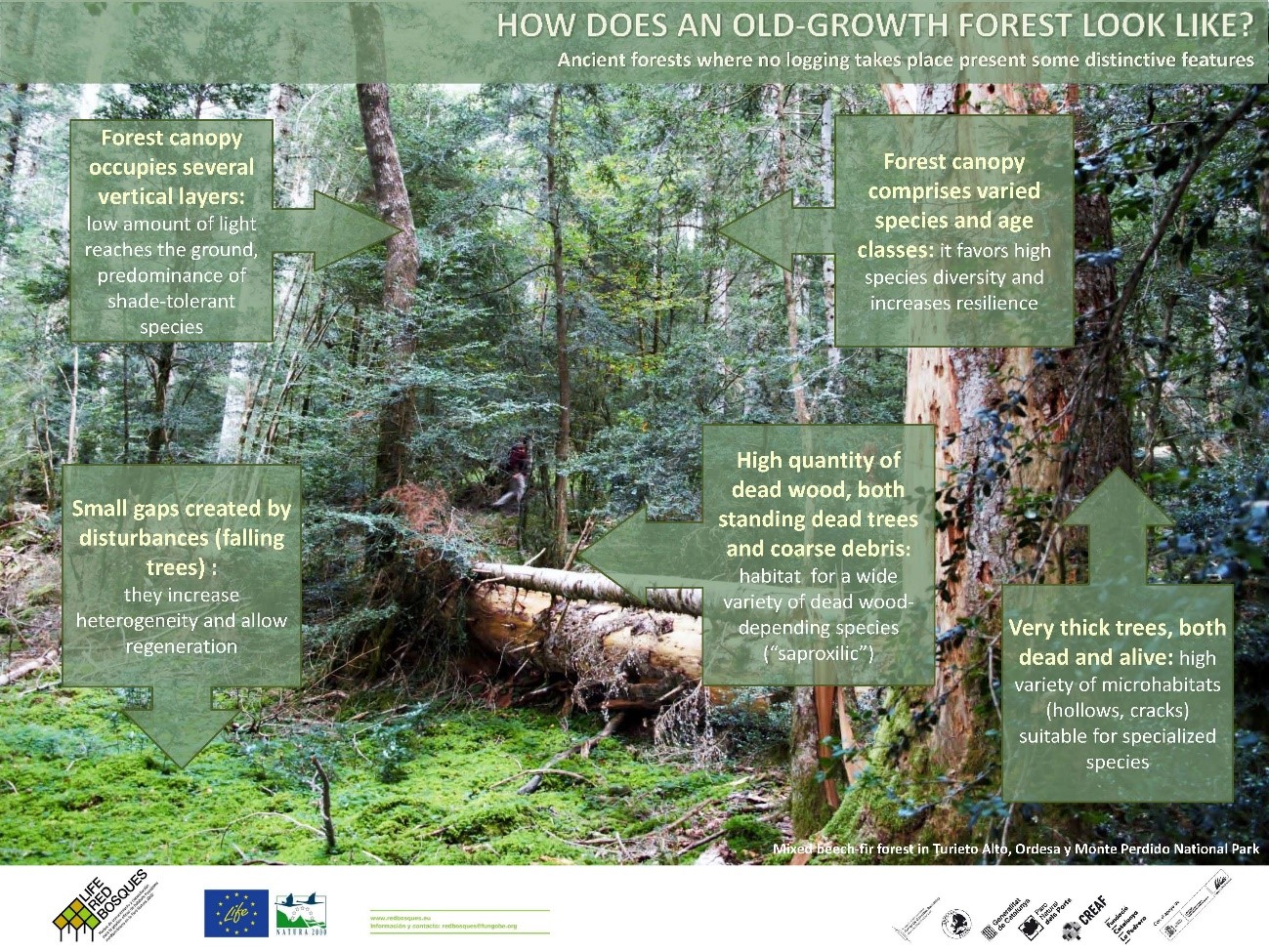Facilitating coexistence with the Iberian Wolf: lessons from Spain
Iberian Wolf © www.elchorro.es
On the 25th July, Spain took a step forward in facilitating the coexistence with the Iberian wolf among extensive livestock producers. The ‘Declaration of Campo Grande Group‘ was presented in the Royal Botanic Garden (RJB-CSIC) in Madrid, and presents several practical solutions to reduce the conflict between conservationists and farmers.
Facilitating coexistence: a participatory process to find consensus
The conflict between conservations and livestock producers has, in the recent years, threatening both the survival of extensive livestock farming and wolf conservation. To tackle the problem, a working group named “Campo Grande Group” was settled and after a long process of debate and collaborative work, the first set of agreements for the species came to live. The main outcomes of this work are related to the quality of the participatory process itself, as stated by the group facilitators:
Collaboration between sectors helps reduce the conflict with the iberian wolf: the most significant advance is that the parties involved in this conflict have been able to debate freely, in a context of respect, mutual trust, and a will to solve the problem.
Moreover, the formulation and public presentation of the Declaration shows that it is possible to reach viable agreements between heavily confronted sides in such a polarised conflict. Everyone involved in the dialogue has modified his or her initial positions to reach consensus and provide a floor for arrangements. The greatest innovation displayed by this initiative is creating a secure environment for dialogue and negotiation. The availability of such a safe place is a keystone on designing actual management measures and overcoming the constraints arising in the course of its implementation.
The Campo Grande Group (CGG) (the working group got its name after the well-known city park of Valladolid where the meetings are held), has spent almost three years, and numerous work sessions, to deliver the document, pointing its work to reduce the most symbolic of conflicts over the conservation of nature and natural resources in Europe.
The Campo Grande Group is a spanish-wide joint group, which integrates farmers, ecologists, hunters, researchers and wolf specialists, pointing to coexistence between pastoralism and Iberian wolf populations, taking into account the different positions and approaches of its members.
 So far, the role of the GCG focused on:
So far, the role of the GCG focused on:
- analysing the current context of confrontation,
- dismantling clichés and commonplaces,
- discussing measures and plans and
- proposing lines of work and coexistence initiatives seeking collaboration, understanding and mutual support among the different actors involved in this situation.
Fundación Entretantos (www.entretantos.org) promoted the initiative in 2016. For more information please contact Pedro M. Herrera: +34 607 425 024.
Countdown to the EUROPARC Youth Manifesto Launch 2018
2nd EUROPARC Youth Manifesto Workshop - Kalajoki, Finland June 2018 (© Rita Kovács)
After an inspired first workshop week in the Cairngorms National Park, drafting the EUROPARC Youth Manifesto, the young participants have gathered again between 17th and 21st June to for a second workshop to finalize the document and start planning its roll-out in September 2018!
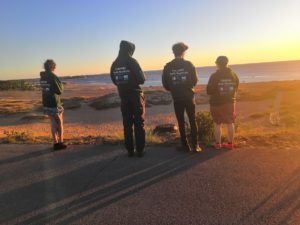
EUROPARC Youth Manifesto – Workshop II in Kalajoki, Finland June 2018 (© Rita Kovács)
This time, youngsters met in the Finish town of Kalajoki with some new faces joining the project. Participants were lucky to arrive in time to experience the final days before Midsummer and, being quite outdoorsy folk, they made good use of the daylight until late, going for walks and exploring the near-by seaside. Besides, the hosting LEADER groups Ravakka, Rieska and Keskipiste had some more highlights planned to introduce youngsters to some Finish nature and culture: The group was taught how to craft willow whistles by a local carpenter, they went on forest walks including a camp fire break with Finish sausages – and of course, there was some time to experience Finish sauna.
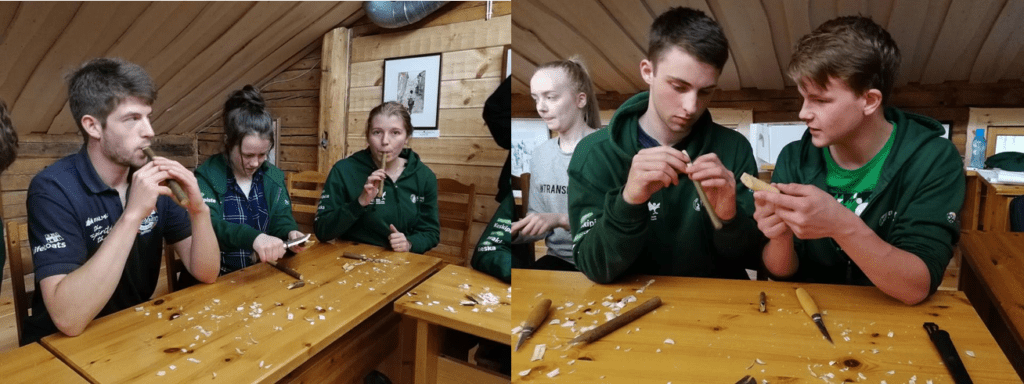
Participants fine-tuning their whistles and putting them to the test (© Anu Hankeaktivaattori)
A quick clip by one of the youngsters, Ellie Moore, gives you an idea:
While enjoying the peaceful surroundings and exchange, the young people were in Kalajoki for a mission: They had come to finish writing the EUROPARC Youth Manifesto. In the working sessions youngsters made their ideas more conrete; linking their proposed solutions for the issues they had identified in the first workshop to some Case Studies of Best Practises they know from other regions. In this way, the young people developed more than just a document of claims, but a manifesto that is intended to serve as a practical reference document and source of inspiration for decision-makers and managers in rural communities and Protected Areas.
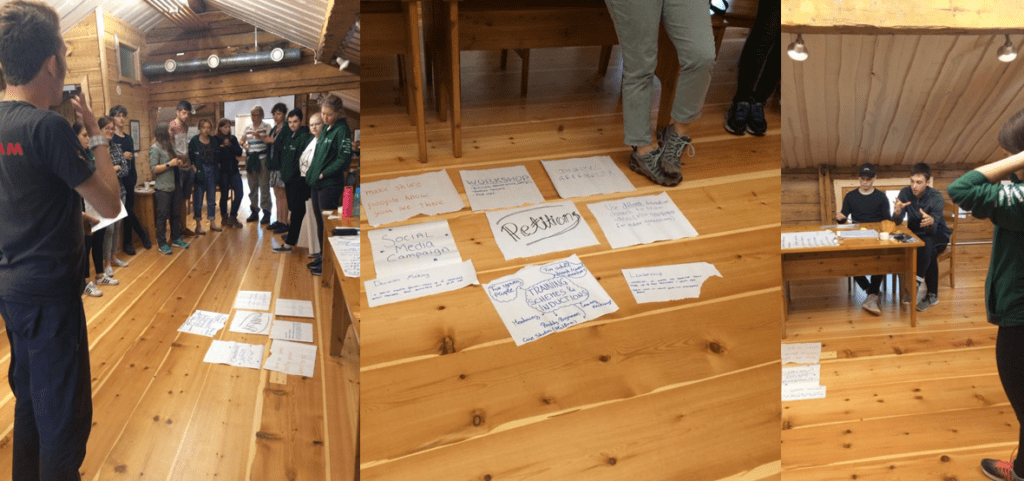
Discussing Youth Governance (© Alan Smith)
With this vision for the Manifesto as a basis for a cooperation at eye-level between young people and authorities in mind, participants also began looking at ways how an effective youth governance could be implemented in rural communities and Protected Areas. Youngsters agreed that trainings and frameworks allowing young people’s voices to be heard more bindingly by decision-makers were needed. Ideas to make this work were many and included running youth empowerment workshops, trainings for decision-makers on how to better empathize and communicate with young people, installing Youth Councils and having a young person representing youth interests in councils and boards. As worked on through the role of the EUROPARC Youth Representative in the Federation’s governance structure, for instance (see the elections for the EUROPARC Youth Representative 2018-2020).
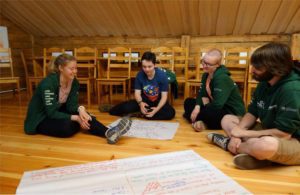
Braistorming for the roll-out (© Alan Smith / Cairngorms National Park)
Matching the discussions on governance, youngsters from the Finish Nuoriso Youth LEADER ran a practical workshop for their peers from the Youth Manifesto project to show them how they are organized as a youth group in charge of allocating funding to other Finish youngsters for creative project ideas. Then all participants practised how to bid for EU project funding and actually came up with some project concepts that would be worthy to put forward as EU funding proposals.
Finally, youngsters started to plan the official launch of the Manifesto that will take place throughout this year’s EUROPARC Conference 2018. There will be a main presentation on stage in a dedicated slot on the final Conference day and an info desk set up during all three days of the event. All participants will be around for the whole Conference, keen to share and discuss their ideas directly with delegates. They’ll be wearing their Manifesto Hoodies for you to recognize and just walk up and ask your questions. Besides, so much can be shared, the Manifesto youth will make themselves heard and seen in unexpected ways and at unexpected times, showing they’re capable to contribute with what we need to create a sustainable future for our European Parks together: creativity, joy and some good ideas.
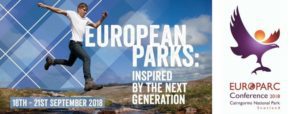 Make sure you register to the Conference and get „Inspired by the Next Generation“.
Make sure you register to the Conference and get „Inspired by the Next Generation“.
By the way: For young people (below 30 years) there is a reduced rate available and youngsters will get the chance to join our Youth Conference including some outdoor training workshops happening besides the main Conference. So, if you are under 30 yourself, make sure you take the opportunity to connect, learn and exchange ideas with youngsters from across Europe this September. You are not in your 20s anymore? Share this info with youngsters from your Protected Area and come together to the Conference!
It is true, young people are the future stewards of our natural and cultural heritage – but they are capable and willing to give input and implement changes already today if given the chance to. (EUROPARC Youth Manifesto, 2018)
Follow the EUROPARC Youth Manifesto Project also on Facebook!
Call for good practices: Forest management for climate change adaption
New management models for Mediterranean Forests
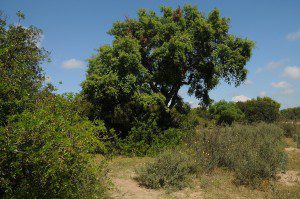
Mediterranean Forest © David Morris www.flickr.com/photos/davidjmorris/
Natura 2000 Mediterranean Forest Habitats Forests are key ecosystems in the Mediterranean region. They provide many services to society, but at the same time
they are subject to serious threats. In Spain, over 50% of Natura 2000 area is covered by forests. Their environmental value is still very high, but the changes they have suffered in recent times, due to the abandonment of traditional activities and climate change effects, demand the development of new management models focused on the maintenance of ecosystem services.
Call for good practices: Forest Management
EUROPARC Spain, with the project Life RedBosques, is looking for new models, combining scientific knowledge on forest conservation and forest adaptation to climate change. Although a large body of high-quality scientific literature is available, it needs to be effectively translated into actual management practices.
EUROPARC Spain is currently looking for good practices from across Europe on forest management, that target nature conservation and climate change adaption.
If you have good practices to share, please download the form, fill it and send it back to redbosques @ fungobe.org. Thank you for your contribution!
About the LIFE RedBosques & Old-growth Forests
Earlier this year, EUROPARC Spain also launched the manual “Old-growth forests: characteristics and conservation value”, which provides an exhaustive review of the scientific state of the art on forest maturity and its different meanings, and synthesizes the most significant and observable characteristics of old-growth stands. The manual also describes biodiversity levels within old-growth forests and identifies species that are indicators of forest maturity.
To know more about the project please download the information sheet or follow up the latest project updates on www.redbosques.eu.
EUROPARC President meets Al Gore in Berlin
No need to introduce the former Vice-president of the US and the 2007 Nobel Peace Prize awarded Mister Al Gore. With his first film “an inconvenient truth” Mister Al Gore’s awoke the world in 2006 to make us aware of severe threats of the climate change.
Since that moment Mister Gore is convinced we need a system change to save the world. He is one of the most influential people on earth who empowers Heads of States, politicians, CEO’s, everyone who can help … to act immediately!
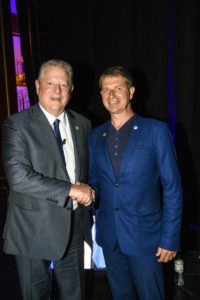
Ignace Schops and Al Gore at the last Climate Reality Leadership Corps training in Berlin, 2018
Our President Ignace Schops was asked in the closing panel and as a mentor of the last Climate Reality Leadership Corps training a few weeks ago in Berlin, where over 750 people were trained. At these trainings, individuals get ready to make a difference in our planet’s future and spend three days working with former Vice President Al Gore and world-renowned scientists and communicators learning about the climate crisis and how together we can solve it.
Our planet earth is experiencing a dramatic change due to human activity. In the final panel, our President focused on the relation between climate change and biodiversity loss and emphasized how protected areas help to temper global warming.
Protecting and recovering more natural ecosystems is maybe one of the cheapest solutions to tackle climate change.
With his members and sections, the EUROPARC Federation takes responsibility and is investing a lot of time on the topic of climate change.
Would you like to become a Climate Reality Leader yourself and gain the skills, knowledge, and network to shape public opinion, influence policy, and inspire your community to act at this critical time? You can! Check https://www.climaterealityproject.org/
